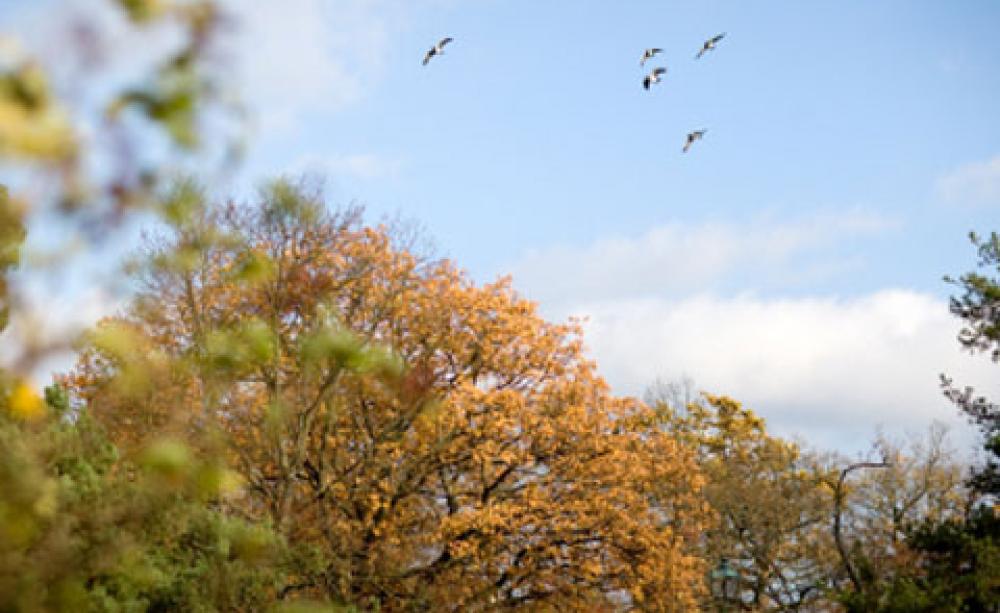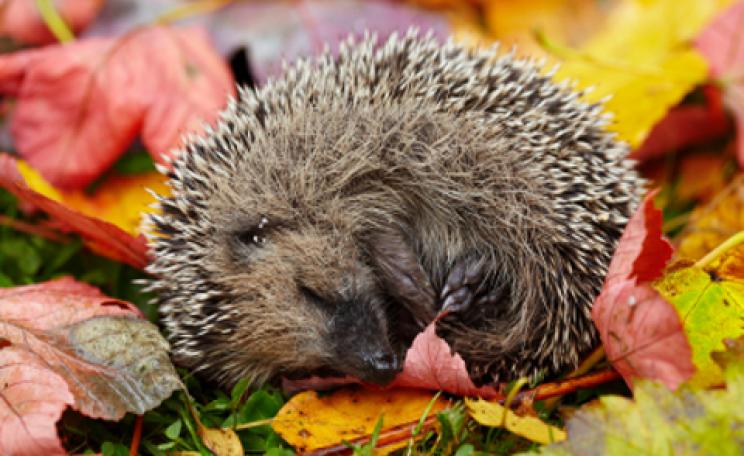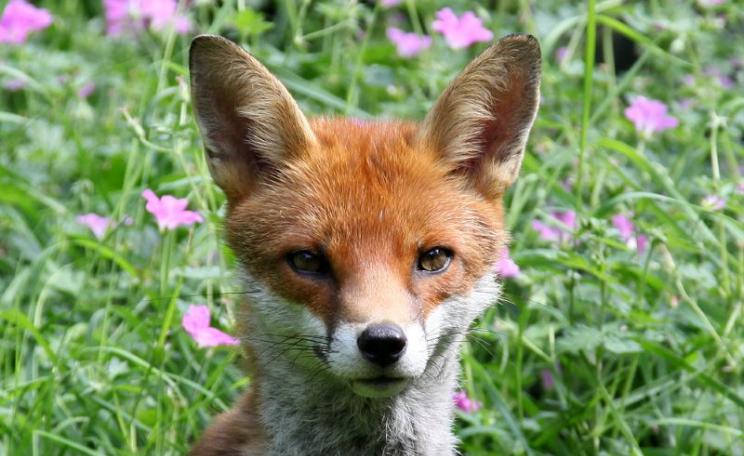Even the smallest urban green spaces are helpful for migrating birds like thrushes, according to researchers at Ohio state university.
Migratory birds are finding it increasingly difficult to find adequate food and shelter in urban areas as they fly from their winter refuges towards summer breeding grounds.
However, an Ohio study tracking migrating birds making their way to the boreal forests of Canada found them stopping over for a number of days at small urban forest patches.
Stephen Matthews, from the school of Environment and Natural Resources at Ohio and co-author of the study said: ‘the good news is that the birds in our study [Swainson’s Thrush] seemed to be finding enough food in even the smaller urban habitats to refuel and continue their journey’.
‘The fact that the stopover duration was similar [between big and small sites] suggests that all the sites were meeting the needs of the thrushes as they prepared for the next leg of migration,’ he added.
Preserving woodland
The study authors said the findings showed the conservation value of preserving even small, fragmented woodland sites within urban areas.
An RSPB spokesperson agreed and said the study confirmed the importance of the few remaining green urban spaces as a ‘lifeline for any birds, especially for migratory birds such as swifts and swallows, which generally migrate on a broad front’.
The London Wildife Trust said while there was more pressure than ever on green spaces from development, there was was a ‘greater recognition of their importance’. It pointed out the recent pan-London schemes such as the Heritage Lottery funded Capital Woodlands, which is rejuvenating six flagship sites across London.
Useful links
Link to Ohio State University study
| READ MORE... | |
 |
HOW TO MAKE A DIFFERENCE How to get involved in wildlife conservation From joining campaigns groups to making your garden more wildlife friendly, there are many ways to get involved with saving the natural world. Read on for inspiration... |
 |
GREEN LIVING Replanting the Caledonian Forest Armed with a spade, work gloves, wellies and waterproofs you can help the Trees for Life project to restore an old growth forest to its ancient glory |
 |
HOW TO MAKE A DIFFERENCE How and why to make seedbombs Fun and easy to make, seedbombs can be used to green up hard-to-access urban wasteland or in your garden at home |
 |
GREEN LIVING How best to create a wildlife-friendly garden? First, relax London's Pestival bugfest is back - showcasing a lazy gardener's dream and other ways to show our six-legged friends some love |
 |
COMMENT Why only hedgehogs can make us love nature A scientist who 'doesn't do dippy nonsense', hedgehog expert Hugh Warwick was moved by one spiny specimen into a new-found appreciation for the natural world |








